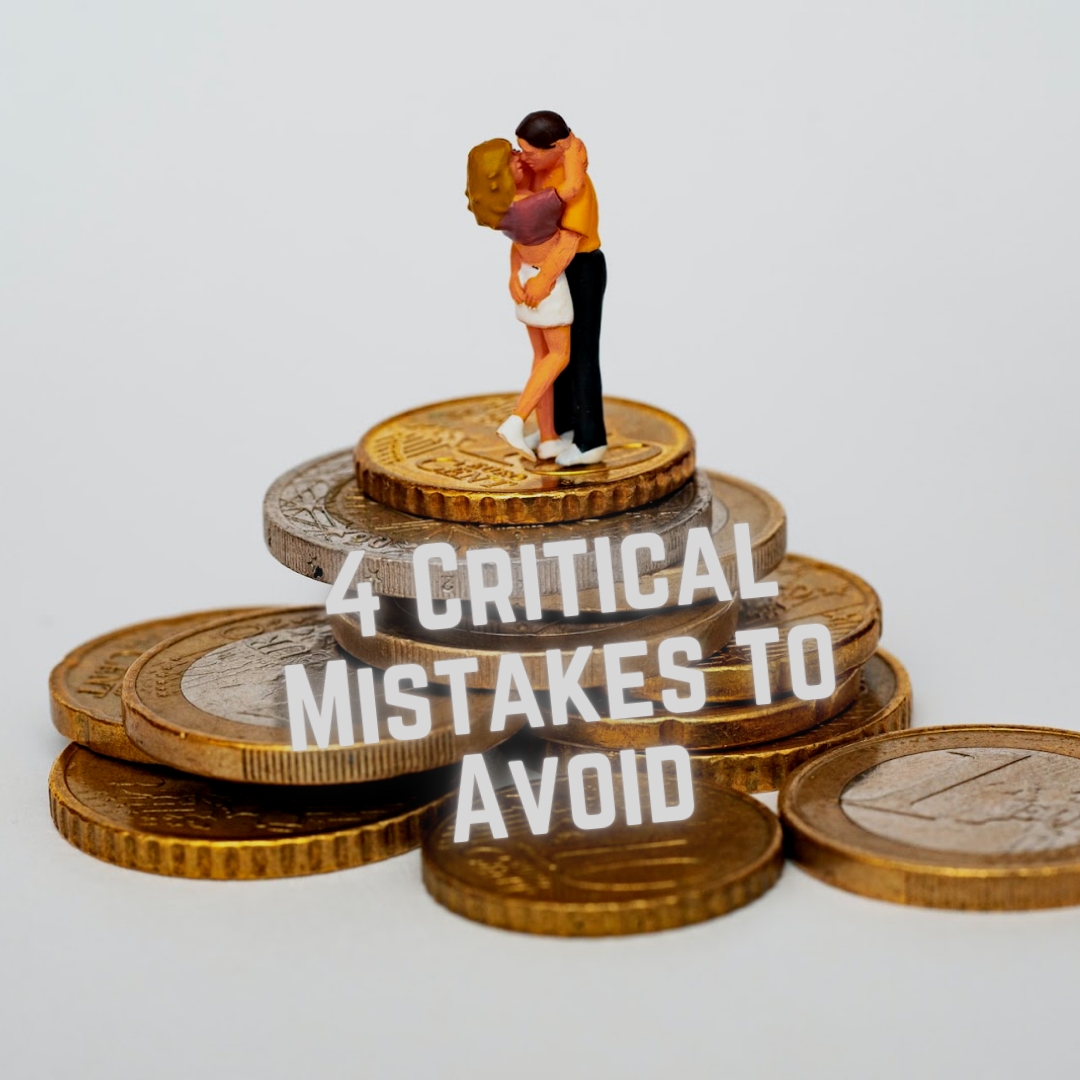
Relationships can be tricky at the best of times. Financial issues that can surface when you’re budgeting with your partner can put a serious strain on domestic bliss. Money issues account for about 22% of divorces making a strong case for couples budgeting together in an effective way.
There is a lot at stake. Couples who work as a team to navigate their finances together can improve their relationship and their financial health at the same time. Keep reading for the top critical mistakes couples make when budgeting together.
1. You Start off Talking About Your Budget
Budgeting is challenging because it requires you to face the task of defining what is more important to you. There is often an undertone of sacrificing and giving up things you enjoy in order to meet your financial goals. For most people, analyzing their budget isn’t something they look forward to.
Budgeting with your partner increases the challenge since you have two people’s values competing for limited resources. It’s easy for a well intentioned conversation to rapidly turn sour when we feel like our lifestyle choices are under scrutiny. Discussions about the budget are often a source of friction for couples and some even go so far as to avoid talking about money altogether..
How to fix it
Start with a values meeting. Instead of talking about money first, talk about what you value the most. Having an in depth discussion about your short and long term hopes and desires will lay the blueprint for how you allocate your money. Focus on the things you stand to gain and not on what you will have to give up to get there.
2. You Have Monthly “Doomsday” Meetings
It has been drilled into us that budgeting meetings should be monthly and looking backwards. If you wait until the end of the month to look back at how you spent your money LAST month it’s already too late. That money is gone and at that point the best you can do is damage control.
There are two problems with this budgeting method. First, this approach doesn’t help you know what your safe-to-spend is, meaning there is no safeguard to prevent overspending. Secondly, it invites recriminations about past behavior which could perhaps do damage to your relationship.
How to fix it
It is more helpful to have an approach focusing on frequency and proactivity. Try tackling the task weekly instead of waiting until the end of the month. While it’s important to look back and see how well you’ve been doing, the focus should be on the future. Set weekly goals and spending limits to stay on track.
3. You Use The Wrong Tools
It often starts well enough with focus and a budget. You take time to categorize everything in order to stay on track, but then it starts to get difficult to manage. A simple slip up is often enough to derail the whole plan. All this could be avoided if couples budgeting together employ the right tools to help them.
The right tool for any job makes the work easier but the wrong tool will only make things more tedious. Tools that are retrospective might not be very helpful and produce limited results while tools that are too cumbersome may not get used at all. It’s not surprising that people throw their hands up in exasperation and end up doing nothing.
How to fix it
Find tools that fit your life and can keep you in touch with your money. Choose a tool that will not burden you with too many tedious tasks. Whatever you choose, it needs to be simple and user friendly so that you can navigate it easily.
4. You Forget Money Is A Tool
Money is a tool to bring about the world you want as a couple. It is the tool you use to craft the lifestyle that you want to have. That’s why it’s so important to have a plan and follow it through, but that doesn’t mean you should be afraid to spend money.
There are no wrong purchases if they align with your internal values. Spending money to bring you closer to the life you envision should be part of your financial strategy. However, you should be cautious as you may have internalized lessons about money causing you to purchase things that are not bringing you joy.
The opposing forces of saving for large goals while using money to bring about enjoyment now are difficult enough for any individual. Couples budgeting together have the added strain of two points of view which may not see enjoyment the same way. This can cause a lot of disagreements and easily lead to arguments over minor issues.
How to fix it
The key is to give each partner the space to have a little financial independence. Budget for a little money to let them bring about their personal joy and see you fulfilled in yours. It’s your money and you shouldn’t feel guilty for enjoying a little of it now.
Budgeting with your partner can be tricky but there are tools to help. With apps such as Weekly you can make tracking your finances easy. Take it one week at a time and work with your partner towards a better financial future.
